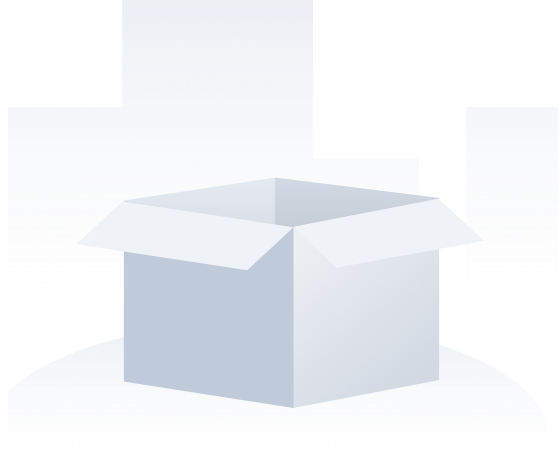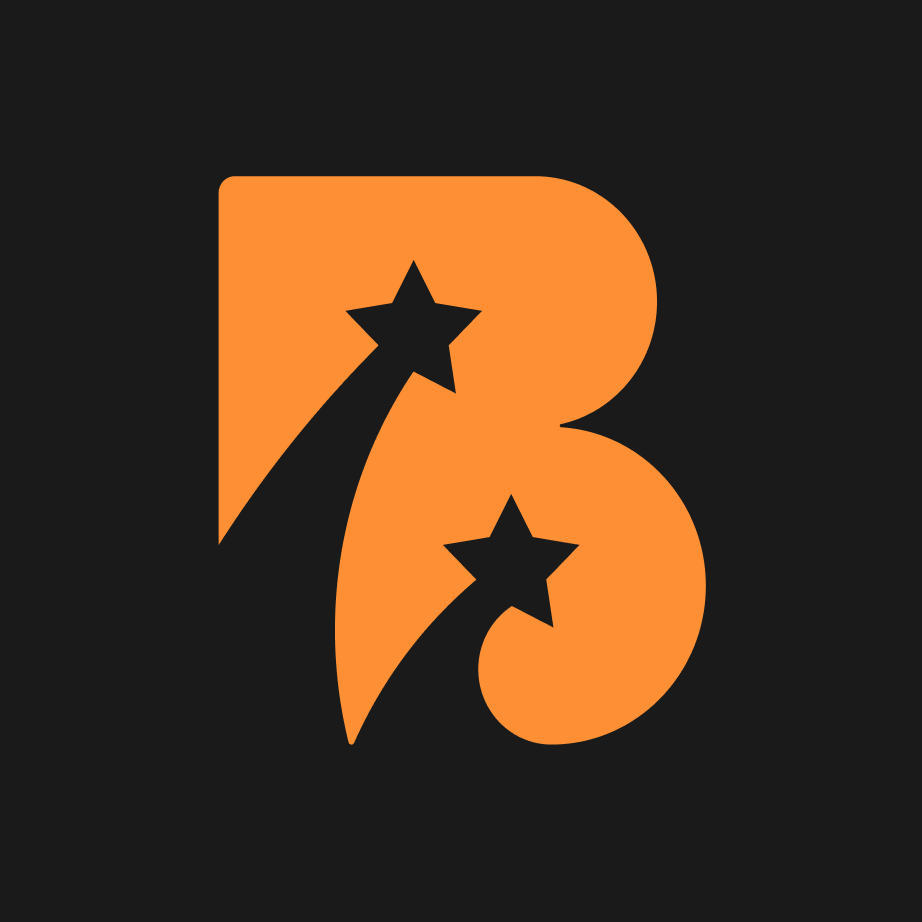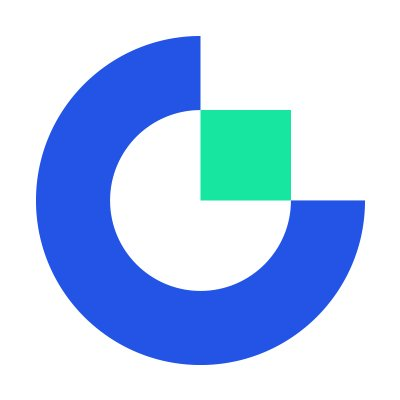
G7
项目开始时间

2025年2月13日
关于
1. Background IntroductionGame7.io is a blockchain gaming platform focused on integrating cryptocurrency and NFT ecosystems into gaming experiences. The website showcases a polished interface with a clear emphasis on Web3 gaming, though specific founding details and team transparency are limited. Domain records indicate recent activity, suggesting ongoing development. The platform positions itself as a bridge between traditional gamers and crypto-native users, but lacks verifiable regulatory compliance information, a common issue in the nascent blockchain gaming sector.2. Website Core ContentThe platform offers three primary features: 1) A curated marketplace for play-to-earn (P2E) games with integrated NFT trading; 2) A game discovery portal with blockchain compatibility filters; 3) Developer tools for Web3 game integration. The marketplace supports in-game asset trading across multiple chains, while the discovery system allows filtering by token standards (ERC-721, ERC-1155) and supported wallets. Developer resources include SDK documentation but lack comprehensive API references.3. Technical FeaturesGame7.io employs a multi-chain architecture: 1) Ethereum and Polygon as primary settlement layers; 2) Custom indexer for cross-game NFT tracking; 3) WalletConnect integration for multi-wallet support. The platform uses IPFS for decentralized asset storage but relies on centralized servers for core functionality. Security measures include standard Web3 auth protocols, though smart contract audit reports are not publicly accessible.4. Token EconomicsThe native G7 token serves multiple functions: 1) Governance voting for platform upgrades (30% weight); 2) Staking rewards up to 15% APY; 3) Discounts on marketplace fees (5-20% tiered). Token distribution shows 40% ecosystem, 25% team (3-year vesting), 20% public sale, and 15% liquidity mining. Key concerns include inflationary rewards without burn mechanisms and limited utility beyond the platform ecosystem.5. Similar Competitor ComparisonCompared to Gala Games: Lacks first-party game studio support; Versus Enjin: Fewer established gaming partnerships; Against Ultra: Less comprehensive distribution features. Differentiation lies in cross-chain NFT interoperability, but user experience lags behind single-chain competitors due to added complexity.6. Risks and ChallengesMajor risks include: 1) Dependence on volatile NFT markets; 2) Unproven game onboarding pipeline; 3) Multi-chain security surface expansion; 4) Regulatory uncertainty around game-asset tokenization. Additional concerns stem from centralized matchmaking servers and lack of insurance for smart contract failures.7. Industry FutureThe roadmap highlights planned features: 1) Mobile SDK release; 2) DAO governance expansion; 3) Cross-game achievement system. However, the absence of technical whitepapers or notable gaming studio collaborations raises execution questions. Success may hinge on capturing indie developers rather than competing directly with established Web3 gaming platforms.8. SummaryGame7.io presents an ambitious vision for blockchain gaming interoperability with three critical improvement areas: 1) Enhancing developer documentation; 2) Securing high-quality game partnerships; 3) Simplifying multi-chain complexities for mainstream users. If executed effectively, the platform could become a viable alternative to single-chain gaming ecosystems by offering true asset portability across games and blockchains. 更多>




























 看多
看多
 看空
看空